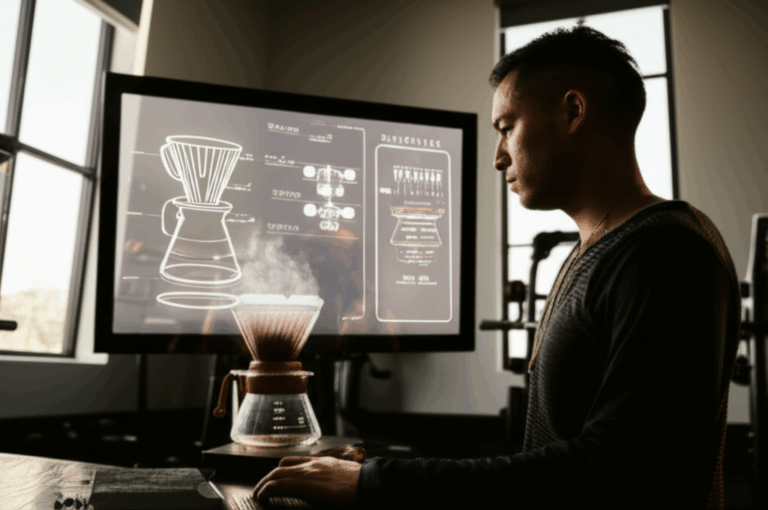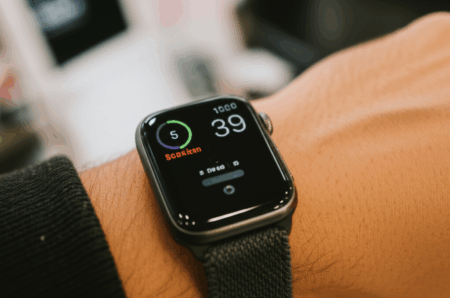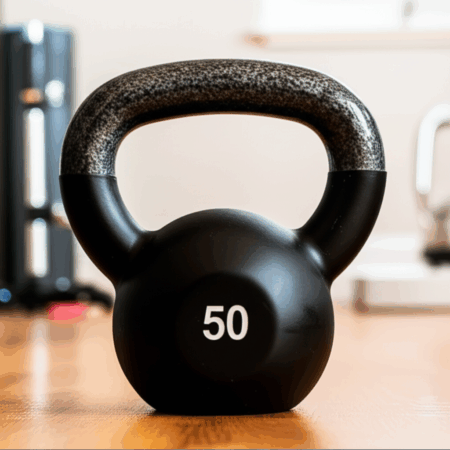Mumbai, India – Artificial Intelligence (AI) is fundamentally reshaping the landscape of fitness and sports technology, ushering in an era of hyper-personalized, adaptive, and data-driven solutions, according to Shu-Han Lin, Director of the Taiwan External Trade Development Council (TAITRA) Mumbai. This transformative shift is poised to make professional-level training more accessible and effective for a broader audience, particularly in dynamic markets like India.
Lin’s remarks highlight how AI is empowering individuals and athletes with tailored experiences that were previously unattainable, fostering greater engagement and optimizing outcomes in health and wellness. His statement comes as Taiwan intensifies its focus on regional wellness innovation with the launch of the ‘2025 Go Healthy with Taiwan’ campaign in India.
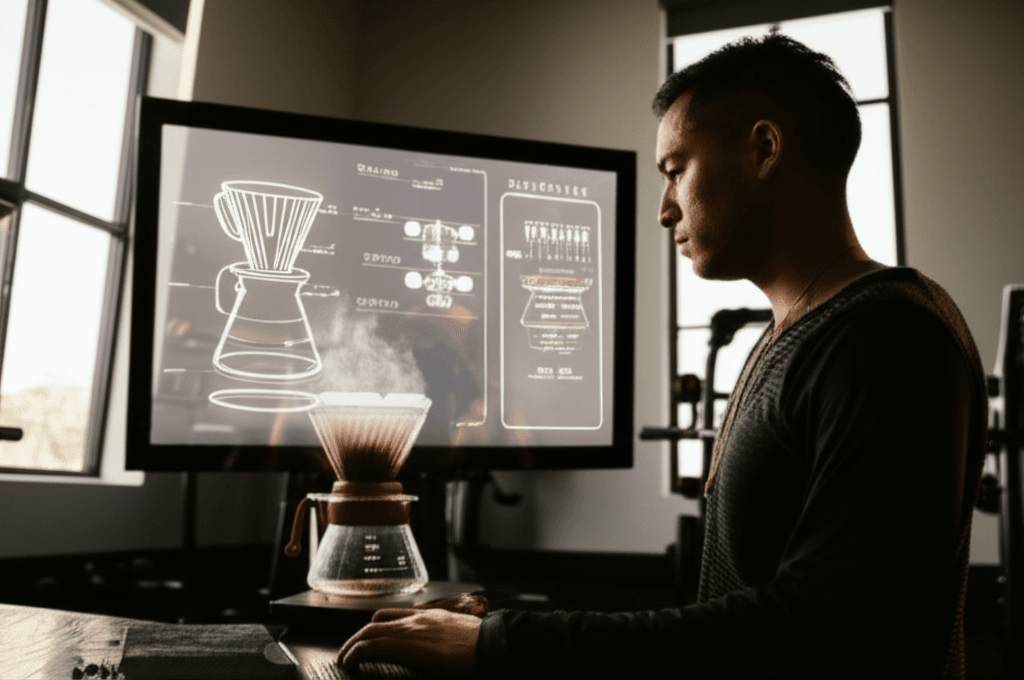
The Dawn of Hyper-Personalized Fitness Experiences
At the core of AI’s impact is its ability to deliver hyper-personalized fitness and sports regimens. AI algorithms analyze vast amounts of individual data, including physical characteristics, health status, age, lifestyle, and specific fitness goals, to craft bespoke training and nutrition plans. This moves away from the traditional “one-size-fits-all” approach, ensuring that each workout and meal plan is optimized for the individual’s unique circumstances.
Taiwan Excellence brands are at the forefront of developing AI-enabled training systems that offer real-time posture correction, performance tracking, and injury prevention. For instance, AI can integrate with wearable devices and fitness trackers to monitor dietary adherence and its impact on fitness goals, providing users with insights into their eating habits and encouraging accountability. This level of customization ensures that individuals are working at their optimal level, preventing injuries for novices and providing sufficient challenge for experienced users.
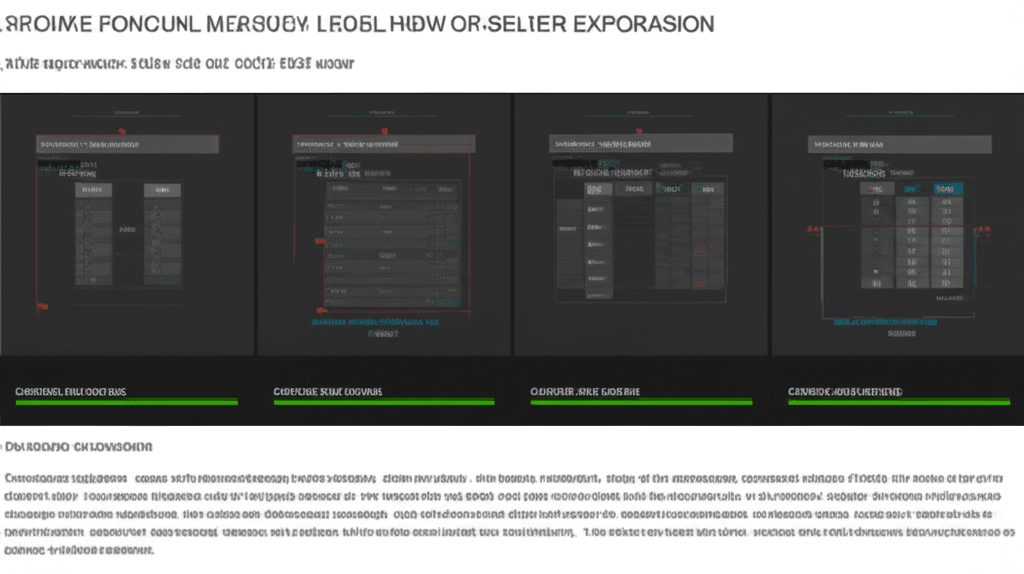
Adaptive AI: Training That Evolves With You
Beyond initial personalization, AI introduces an unparalleled level of adaptiveness to fitness and sports technology. AI algorithms can adjust workout plans in real-time based on a user’s performance and progress. If an individual consistently struggles with an exercise, the AI can modify the intensity, duration, or suggest alternative movements. Conversely, if a user is excelling, the AI can increase the challenge to ensure continued growth and prevent plateaus.
This adaptive capability extends to the sports arena, where AI-powered prosthetics can adapt to different terrains and paces, mimicking natural muscle movements for enhanced responsiveness and versatility for athletes with disabilities. In training, AI provides real-time feedback during workouts, using sensors in wearable devices or smartphone cameras to track movements and analyze exercise execution. This immediate feedback helps correct form, maximize results, and minimize injury risk. This continuous refinement based on real-time data ensures that each training session is optimized to maximize an athlete’s potential.
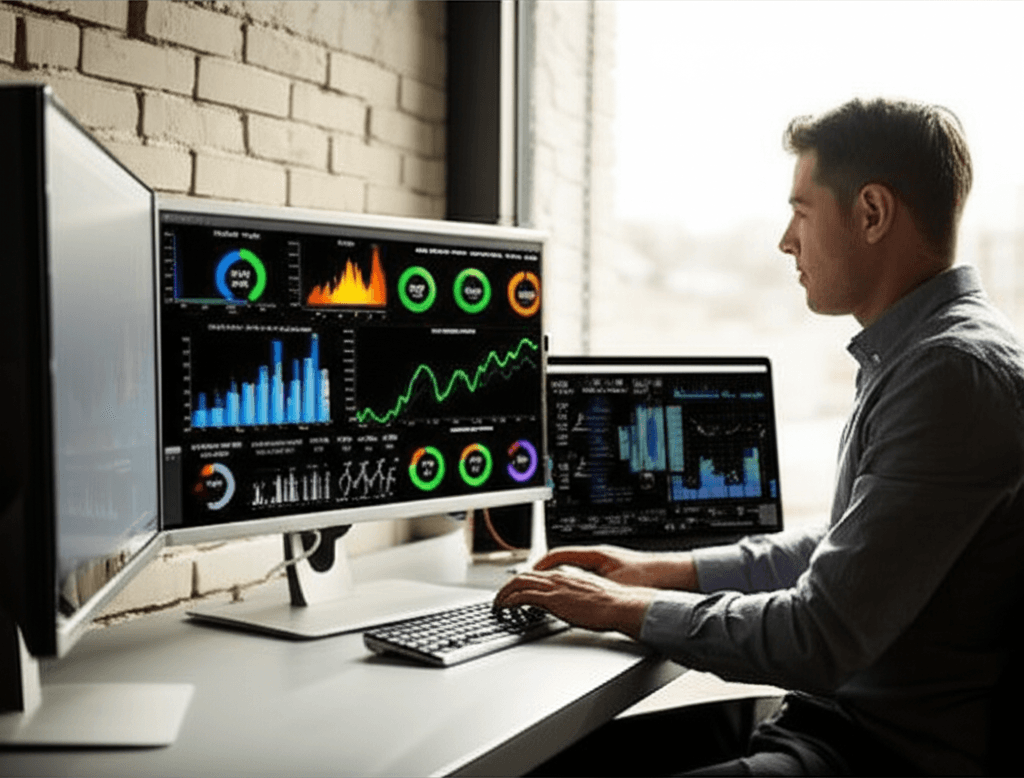
Data-Driven Decisions for Peak Performance and Health
The third pillar of AI’s transformation is its data-driven nature, which provides unprecedented insights for athletes, coaches, and everyday fitness enthusiasts. AI systems gather data on player movements, fitness levels, recovery times, biomechanics, and even in-game decision-making, offering insights that were previously unattainable. This robust data analysis is crucial for injury prevention and recovery, with AI models improving the accuracy and reliability of injury risk assessments and tailoring prevention strategies to individual athlete profiles.
Connected workout equipment now integrates AI to analyze vast amounts of data, helping to optimize outcomes and keep users engaged through gamified feedback. This data-driven approach also aids in strategic planning and talent identification in professional sports. AI can analyze existing datasets to identify patterns that indicate what is required for high-level performance and can quickly and accurately identify athletes with potential. Wearable technology, enhanced by AI, provides actionable insights from collected data, optimizing workout intensity and monitoring recovery, thereby transforming how individuals understand and respond to their bodies’ signals.
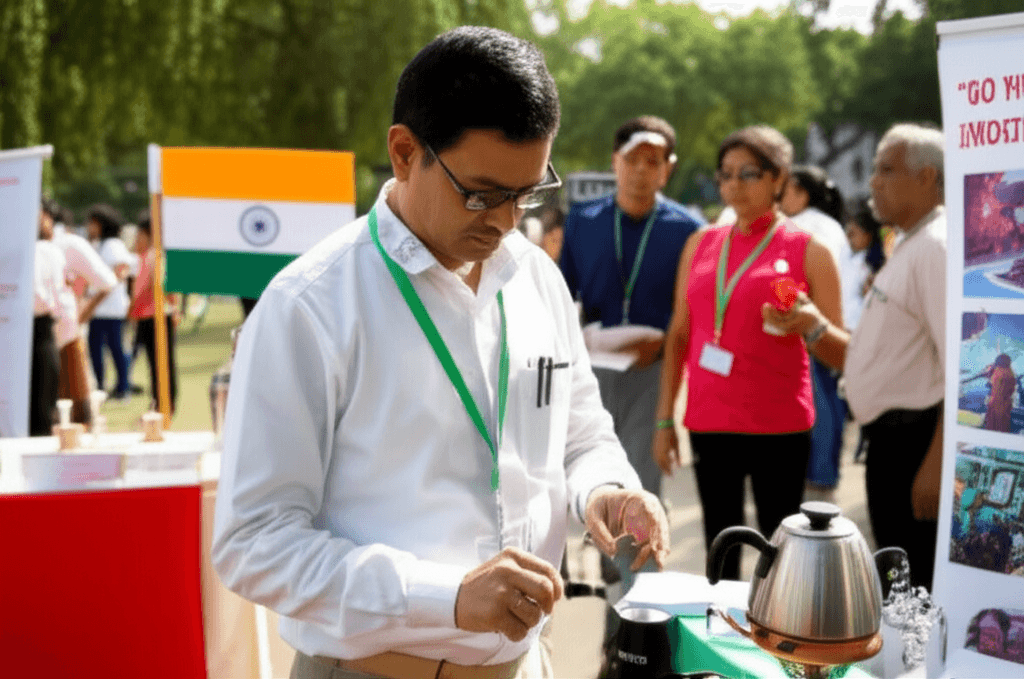
Taiwan’s ‘Go Healthy’ Initiative in India
Shu-Han Lin’s statement underscores the importance of Taiwan’s technological prowess in this evolving sector. TAITRA, established by the Taiwanese government, is the country’s leading trade promotion body, and its Mumbai office serves as the Indian headquarters. Taiwan has launched the ‘2025 Go Healthy with Taiwan’ campaign in India, an initiative spearheaded by the Taiwan International Trade Administration (TITA) and executed by TAITRA.
This campaign encourages Indian public institutions, enterprises, and SMEs to propose pioneering ways to apply Taiwan’s health-focused technologies to local community needs. The initiative is structured as an open call for proposals across three strategic sectors: Fitness & Sports Technology, Cycling, and Smart Healthcare. Participants can vie for cash prizes, and top teams will be invited to Taiwan for an exclusive ‘Go Healthy Tour,’ offering direct access to Taiwan’s health technology ecosystem and opportunities for collaboration. This initiative not only showcases Taiwan’s innovation but also fosters collaboration with partners like India to develop smart and sustainable healthy lifestyles through cutting-edge technologies.

The Future of Fitness and Sports Technology
The integration of AI is not merely a trend but a foundational shift in how fitness and sports are approached globally. From AI-powered virtual coaching assistants that analyze player form in real-time to sophisticated systems predicting injury risks, AI is a game-changer for athletes and everyday consumers alike. As the technology continues to advance, it promises to make health and wellness more accessible, effective, and engaging, moving towards a future where optimal physical activity is personalized and driven by intelligent insights.




